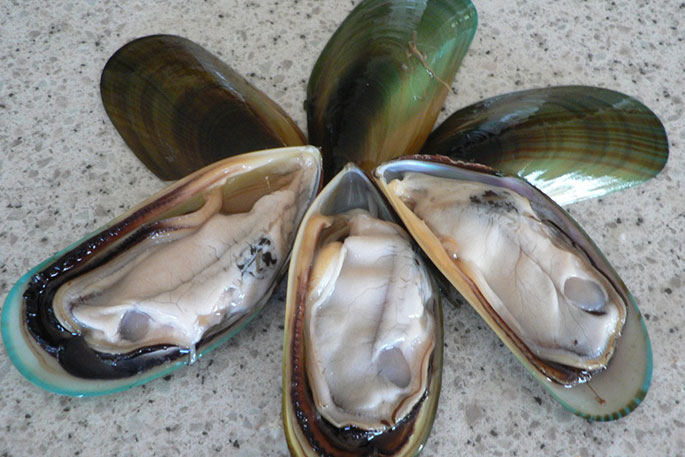New Zealand Food Safety is warning consumers to thoroughly cook mussels before eating following two people reportedly becoming sick from vibrio parahaemolyticus in the Nelson-Tasman region.
New Zealand Food Safety director of food regulation Paul Dansted says vibrio parahaemolyticus is bacteria in mussels that may cause food poisoning if they're undercooked or eaten raw.
'People with low immunity, pregnant, or elderly should avoid eating raw or undercooked shellfish as the illness can be more severe.
"While the cause has not been established both people who became ill have reported eating mussels and as a precaution we are reminding consumers to cook mussels thoroughly before consumption."
New Zealand Food Safety advises consumers to follow simple food safety guidance to avoid contracting vibrio parahaemolyticus by following three simple rules: Clean, Cook, Chill.
Clean
Always wash your hands and kitchen utensils after handling raw seafood, and before using other utensils or handling other foods. This will prevent the bacteria from spreading in your kitchen.
Cook
Cook mussels until steaming hot. Don't eat shellfish raw or lightly cooked as this won't get rid of bacteria such as vibrio parahaemolyticus. One good way to know mussels are fully cooked is that their shells pop open when boiled or steamed, and the mussel inside is firm to the touch.
Chill
Refrigerate shellfish as soon as possible after harvesting or purchasing from the supermarket. You can use a chilly bin filled with ice blocks to transport live shellfish in your car. Once you get home, you should store mussels in a bowl covered with a wet towel in the bottom shelf in your refrigerator.
"New Zealand Food Safety is currently working with the Marlborough/Nelson District Health Board, Marlborough District Council and Institute of Environmental Science and Research to ensure appropriate public health measures are taken," says Paul.
What to do if you get sick
If you get sick after eating shellfish, phone Healthline for advice on 0800 61 11 16 or seek medical attention immediately. If possible, store and refrigerate any leftover shellfish for testing.
Vibrio parahaemolyticus symptoms may include: watery or bloody diarrhoea, abdominal cramps, nausea, vomiting, fever, and/or headache.
The event organisers of the Havelock Mussel Festival on Saturday, 13 March have been contacted and are aware of the issue. Organisers will only serve fully cooked mussels at the event.



0 comments
Leave a Comment
You must be logged in to make a comment.